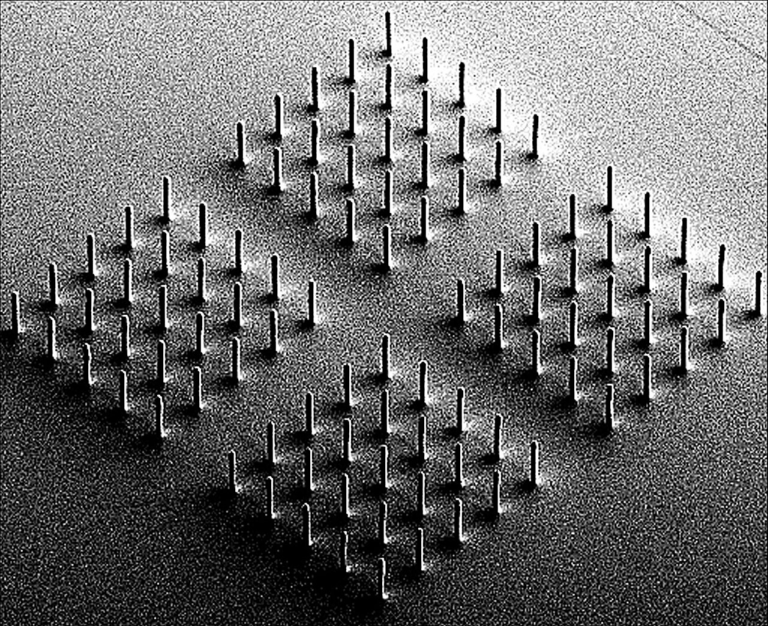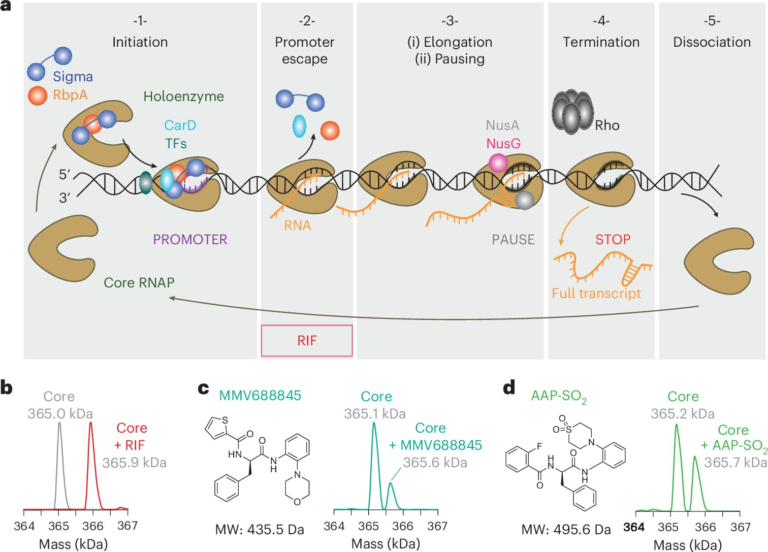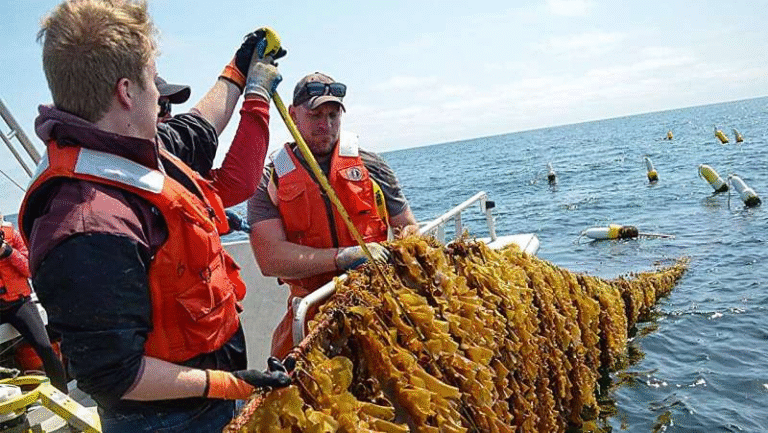Canadian Scientists Discover Kidney-Protecting microRNA With Big Potential

Chronic kidney disease affects millions of people worldwide, yet doctors have long lacked a reliable way to spot early signs of damage in the kidney’s tiniest blood vessels.
That may be about to change, thanks to a world-first discovery from researchers at the University of Montreal Hospital Research Centre (CRCHUM). Their work shines a spotlight on a molecule called miR-423-5p, a type of microRNA that could protect delicate kidney blood vessels and open doors to earlier diagnosis and better treatments.
Why This Matters
The kidneys are home to millions of microscopic blood vessels called peritubular capillaries. These small but mighty channels clear waste, deliver oxygen, and keep the kidneys functioning.
When these vessels are damaged—say, during surgery, organ transplants, or even natural aging—the kidneys can lose their ability to do their job properly. For more than four million Canadians living with chronic kidney disease (and millions more globally), this damage can be devastating.
Until now, there was no reliable biomarker to check the health of these fragile vessels. Doctors often had to wait until visible signs of kidney failure appeared before taking action. The discovery of miR-423-5p could change that.

What the Researchers Found
In their study, published in JCI Insight, the CRCHUM team showed that levels of miR-423-5p in the blood can serve as a biomarker for kidney microvascular health. In simple terms, this molecule could act as an early-warning signal for doctors, allowing them to monitor patients more effectively and take preventive measures sooner.
The researchers didn’t stop at lab tests. They observed fluctuating levels of this microRNA in mice with acute kidney injury, and then confirmed the results with 51 kidney transplant patients through CHUM’s transplant biobank.
Even more exciting, when they injected the microRNA into mice with kidney damage, it actually helped preserve the small blood vessels and reduce injury.
How Could This Be Used?
If developed into a clinical test, miR-423-5p could give doctors a tool to:
- Evaluate microvascular health early in transplant recipients or surgical patients.
- Monitor high-risk groups like elderly patients or those undergoing heart surgery.
- Guide treatments to protect kidney function before irreversible damage sets in.
And the applications might go far beyond kidney disease. Since the loss of small blood vessels is also a factor in conditions like heart failure, lung disease, and neurodegenerative disorders, the discovery could benefit many patients.
The Road Ahead
Injecting microRNA directly into the kidney works during transplantation, but it’s not practical in other scenarios. That’s why the team is now exploring new ways to deliver miR-423-5p—possibly through a cocktail of microRNAs or other targeted methods.
They’re also studying whether existing medications given to transplant patients might help (or harm) the health of these tiny vessels. And in collaboration with other CRCHUM researchers, they’re investigating whether similar approaches could support patients with pulmonary failure and related conditions.
Why This Feels Like a Turning Point
This isn’t just about treating disease—it’s about moving from reaction to prevention. A simple blood test based on miR-423-5p could let hospitals quickly check the state of kidney blood vessels and intervene before long-term damage occurs. For patients, that could mean longer-lasting kidney transplants, fewer complications after surgery, and even protection against age-related decline.
It’s rare to see a discovery that touches so many areas of medicine at once, but this feels like one of those moments. If further research confirms its potential, miR-423-5p may one day be as routine a test as checking cholesterol or blood sugar.
Source: “Endothelial extracellular vesicle miR-423-5p regulates microvascular homeostasis and renal function after ischemia-reperfusion injury” by Francis Migneault, Hyunyun Kim, Alice Doreille, Shanshan Lan, Alexis Gendron, Marie-Hélène Normand, Annie Karakeussian Rimbaud, Martin Dupont, Isabelle Bourdeau, Éric Bonneil, Julie Turgeon, Sylvie Dussault, Pierre Thibault, Mélanie Dieudé, Éric Boilard, Alain Rivard, Héloïse Cardinal and Marie-Josée Hébert, 22 May 2025, JCI Insight.
DOI: 10.1172/jci.insight.181937





